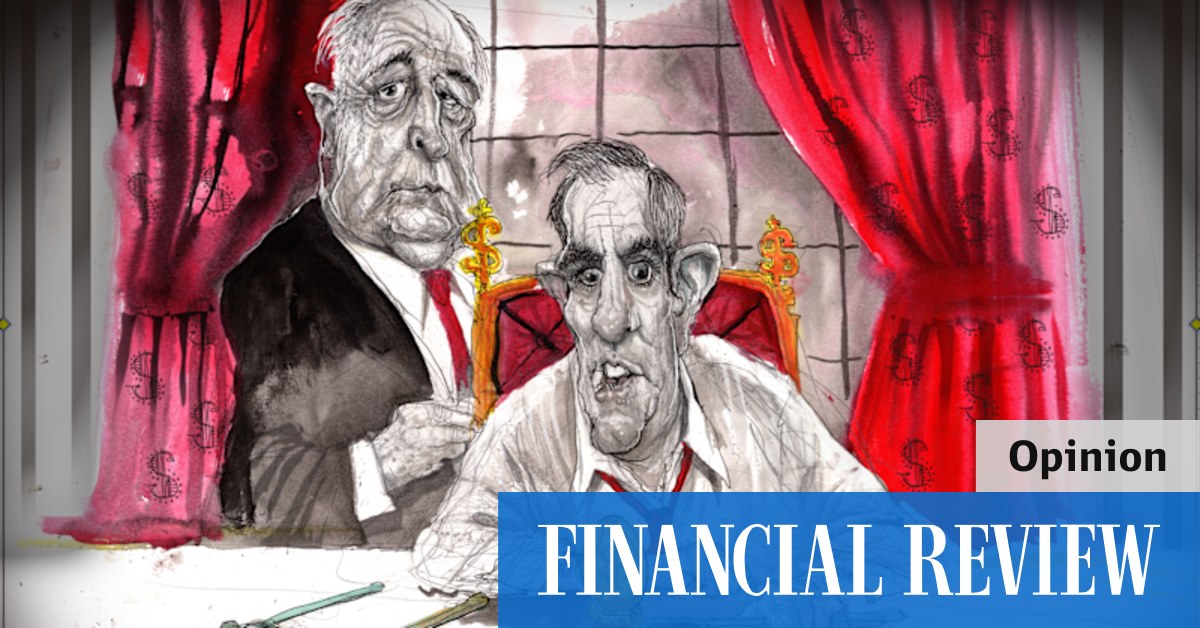Super Tax on Unrealised Gains: Bad News for Aussies?
The Australian government's potential consideration of a tax on unrealised capital gains has sent ripples of concern through the nation. While details remain scarce, the very concept sparks debate about its impact on investment, economic growth, and the average Australian. This article delves into the potential implications of such a policy, examining both the arguments for and against its implementation.
What is a Tax on Unrealised Capital Gains?
Unlike a capital gains tax, which is levied only when an asset is sold, a tax on unrealised capital gains targets the increase in an asset's value, even if it remains unsold. For example, if you own shares worth significantly more than their purchase price, you could potentially face a tax on that increased value, regardless of whether you've cashed in your investment. This is a departure from the current Australian tax system and has significant implications for various asset classes including shares, property, and even cryptocurrency.
Potential Impacts on Australian Investors
The proposal's potential impacts are far-reaching and complex:
Negative Impacts:
- Reduced Investment: A significant deterrent to investment. Many Australians might hesitate to invest in assets, particularly high-growth ones, fearing a substantial tax bill even without selling. This could stifle economic growth.
- Market Volatility: Uncertainty surrounding the tax could create market volatility as investors react to the potential changes. This could lead to short-term losses for many.
- Administrative Complexity: Valuing assets and calculating taxes on unrealised gains poses a considerable administrative challenge. Determining fair market values for diverse assets could be difficult and lead to disputes.
- Impact on Retirement Savings: Australians relying on superannuation and other investments for retirement could see their savings significantly diminished, impacting their quality of life in retirement.
Arguments in Favor:
Proponents argue that a tax on unrealised gains could:
- Increase Government Revenue: A substantial source of revenue for the government to fund social programs or reduce other taxes.
- Address Wealth Inequality: Target high-net-worth individuals who benefit from significant asset appreciation, potentially leading to a fairer distribution of wealth.
Comparing Australia to Other Countries
While Australia is currently debating this, several other countries have experimented with similar policies, often with mixed results. Examining their experiences provides valuable insights. For instance, research into the impact of wealth taxes in other OECD countries could inform the Australian debate. [Link to relevant OECD report (if available)]
The Road Ahead: What to Expect
The proposal is still in its early stages. Further discussion and analysis are essential before any implementation. Key questions remain unanswered:
- Which assets would be included? Would it apply to all assets or only specific types?
- What would the tax rate be? A high rate could be particularly damaging to the economy.
- How would valuations be determined? Accurate and consistent valuation methods are crucial for fairness.
- What exemptions would be in place? Are there plans for exemptions for certain income levels or asset types?
The Australian public deserves transparency and a thorough cost-benefit analysis before such a significant policy change is considered. The potential consequences are too substantial to rush into implementation without careful consideration.
Call to Action
Stay informed! Follow reputable news sources and engage in constructive discussions to understand the implications of a potential tax on unrealised gains. Your voice matters in shaping the future of Australian economic policy. [Link to relevant government website or financial news source]

